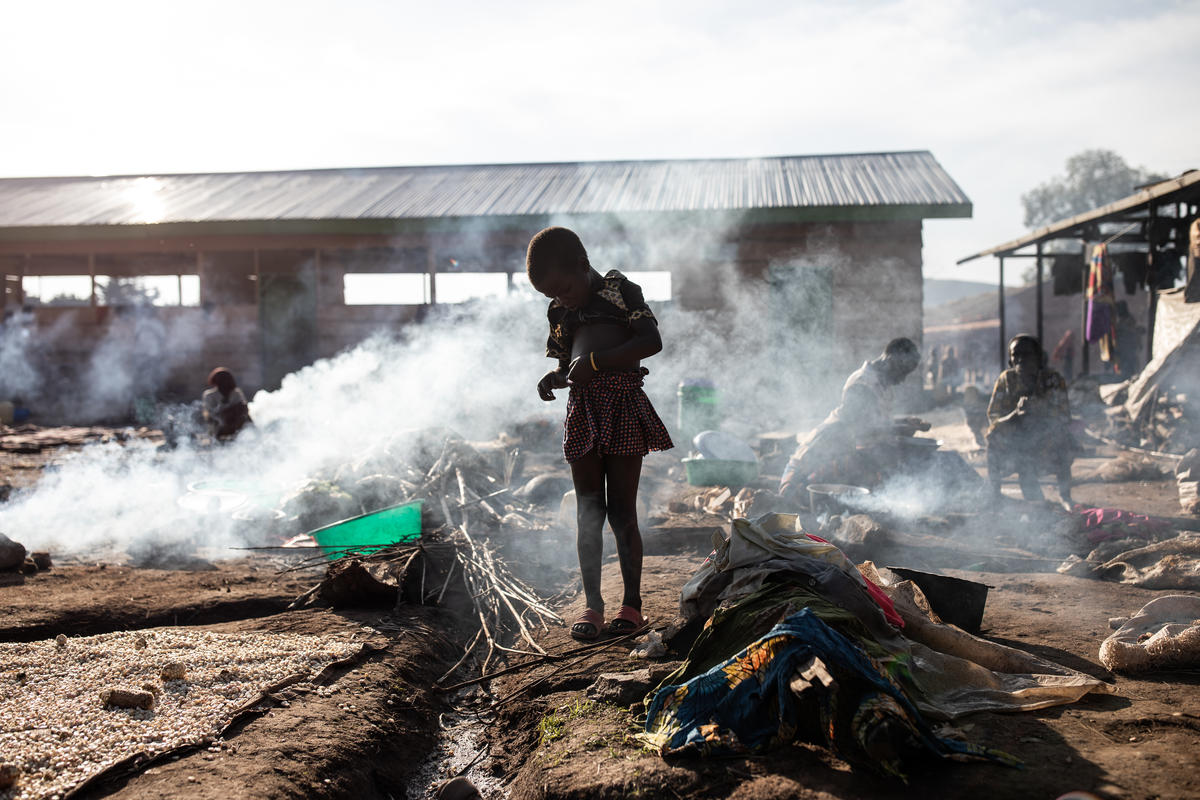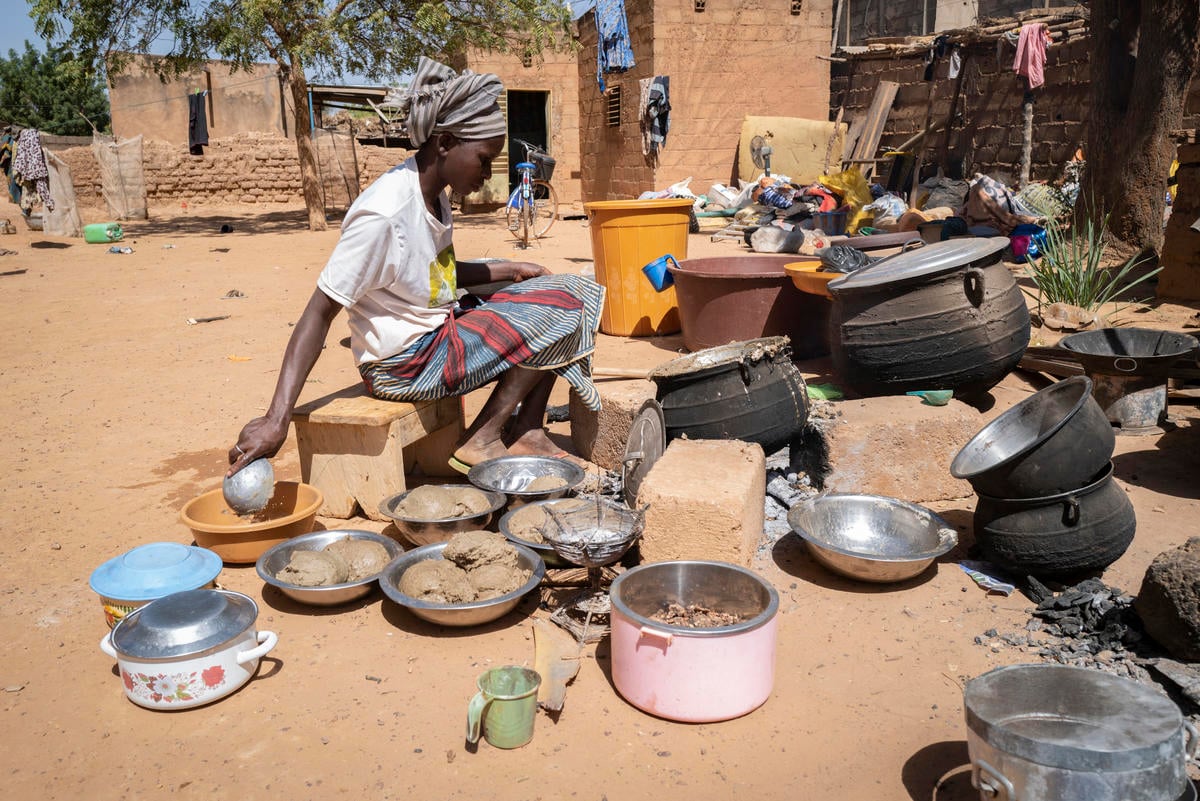UNHCR helps Rwandan civilians return home
UNHCR helps Rwandan civilians return home

BUKAVU, Democratic Republic of the Congo, March 9 (UNHCR) - Thousands of Rwandan refugees like widow Marie have been registering for repatriation since the launch of a joint Rwandan-Congolese offensive in January against a rebel militia group in North Kivu province.
The Rwandan armed forces withdrew from the province in eastern Democratic Republic of the Congo (DRC) last week after the operation with DRC government forces against the Democratic Forces for the Liberation of Rwanda (FDLR).
The militia is mainly composed of Rwandan ethnic Hutus who arrived in the DRC in the wake of the 1994 genocide in Rwanda. The security situation in North Kivu remains tense, despite the military operation against the FDLR.
But since the operation began in January, there has been a marked increase in the number of Rwandan refugees seeking to return home, mainly women and children. The UN refugee agency has helped the Congolese government repatriate more than 4,000 Rwandan civilians since January. This compares to 8,000 over the whole of last year 2008.
"I feel safer now that we are out of the combat zone," Marie said recently in Bukavu, capital of South Kivu province, as she and her four children waited at a UNHCR transit centre to be registered for repatriation. Her husband was killed by armed men during an attack on their home.
There are 13 assembly points in North and South Kivu where those seeking assisted repatriation gather before being taken to the transit centres in Bukavu and the North Kivu capital, Goma.
Marie, like many others, said she decided to take the opportunity of the military offensive against the FDLR to return home after more than a decade in harsh exile. The militia had reportedly prevented many civilians from returning to Rwanda.
"Living conditions in the forest are very difficult. My life was miserable, being hunted like an animal. But I have a new life behind those hills and my children need to go back to school", said Marie, pointing towards Rwanda. Marie's journey to Bukavu was a long one. She came from Mangere, in the North Kivu region of Masisi, where she and her children had been living in the forest.
To cope with the extra demand for repatriation, UNHCR has increased the capacity of the transit centres and beefed up its logistical operation. "Many others could be on their way from areas further north that have been affected by the fighting," said Millicent Mutuli, head of the UNHCR office in Bukavu.
Marie was given a return package of aid and her next destination was the Rwandan border town of Cyangugu, where she would again be registered before being taken to her home village.
"I don't know if I will have a house made of concrete or a mud shack covered with corrugated iron sheeting. But I will get by with the help of my family and friends, if they are still alive," the determined mother said before boarding a UNHCR truck to the border.
The security situation in the Kivus remains fragile, especially in North Kivu, where people fear reprisal attacks by the FDLR against people suspected of collaborating with the military. Aid agencies estimate the total number of internally displaced people in the east is close to 1.4 million.
By Francesca Fontanini in Bukavu, Democratic Republic of the Congo






